We interviewed Kostantinos Menelaou, Greek film director and art curator, who founded The Queer Archive, an art platform that showcases the work of queer artists and filmmakers. He talked about his personal works as a curator and The Queer Archive Festival, which will take place from 3rd to 6th of June in Athens, explaining the importance of giving voice and space to the queer artists in Greece.
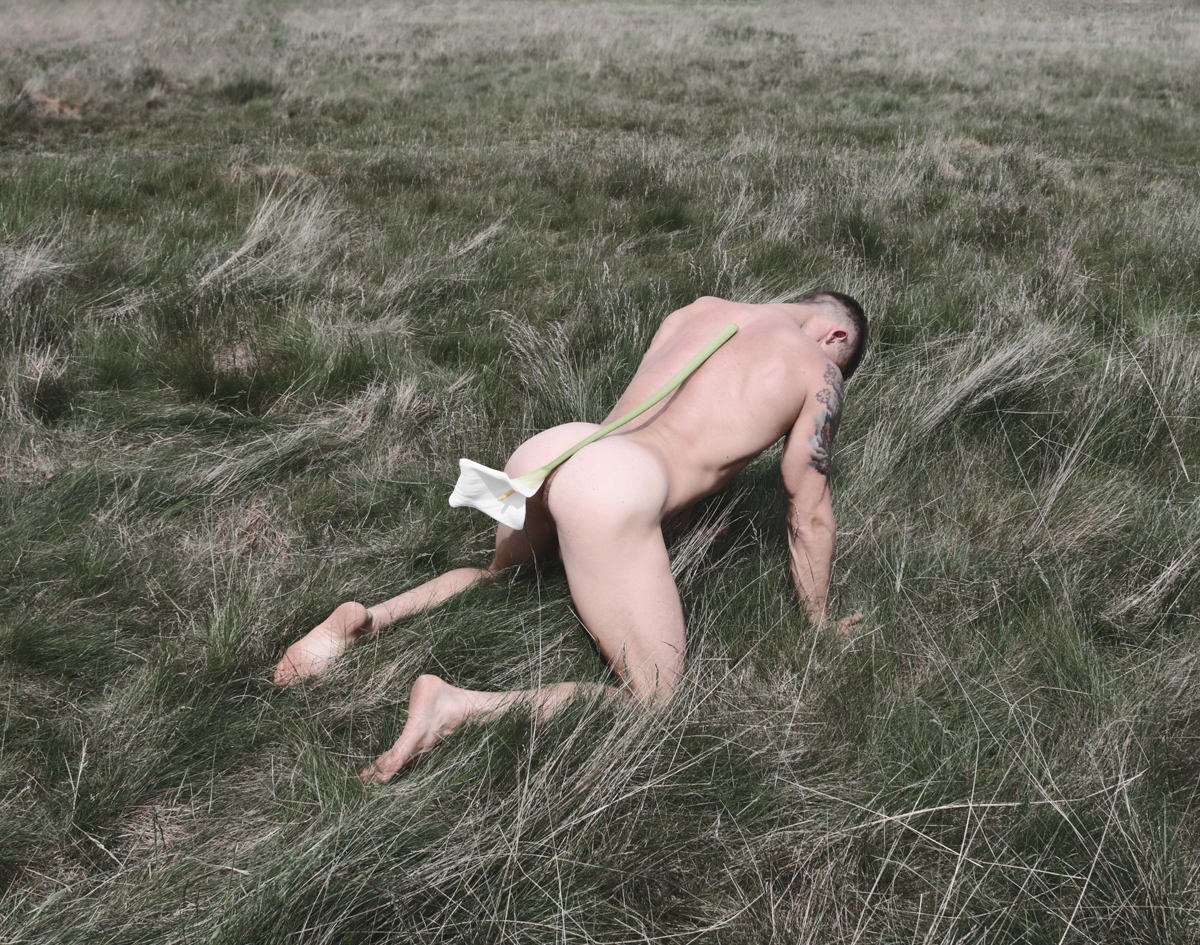
What is and when was the queer archive born?
The Queer Archive has evolved into a creative production house. We make films, we curate and produce an arts festival, events, exhibitions, parties and soon we will launch our online gallery which will operate both digitally and physically through pop up exhibitions in Greece and abroad . It was born in London in 2013. We created some exhibitions, produced some films and threw some parties in the big smoke before we moved to Athens.
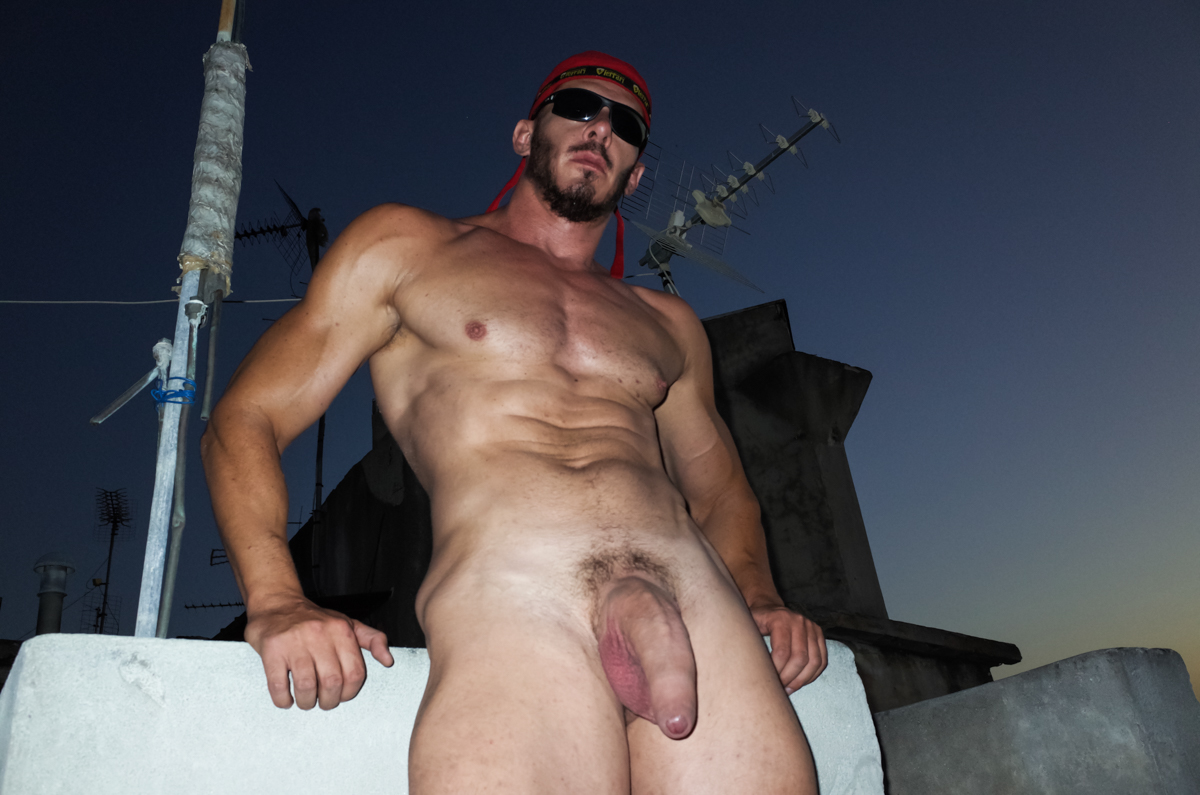
What’s the aim of the project?
Our aim is to bring creative people together and create powerful and meaningful work, but also to have fun. Especially in Greece the queer community is getting very interesting and interested about new ways of exploring creativity and The Queer Archive is becoming a catalyst for these kinds of curiosities. We want to reinforce activity that will encourage creative minds to produce great work and find new ways of communicating freely and unapologetically.
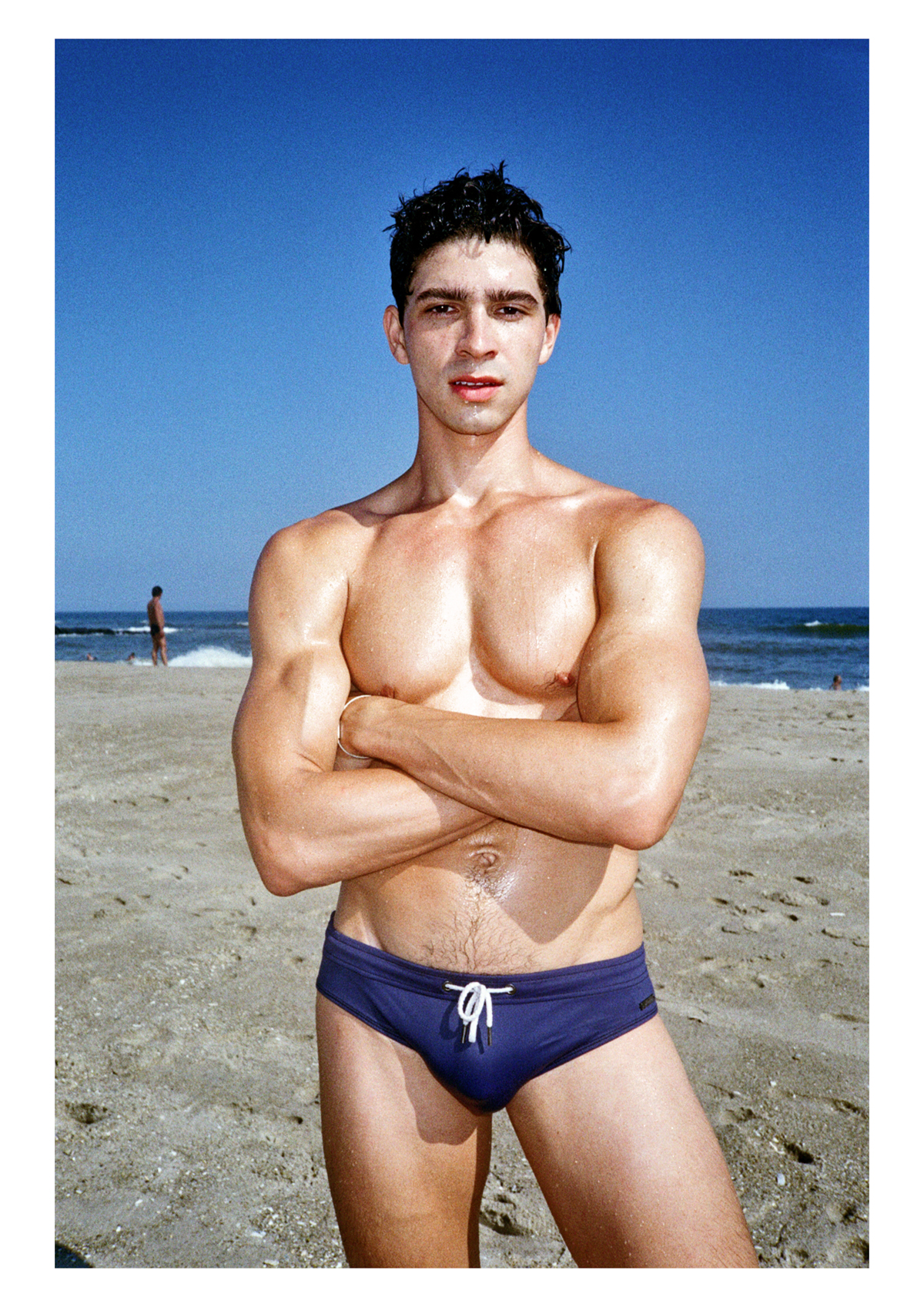
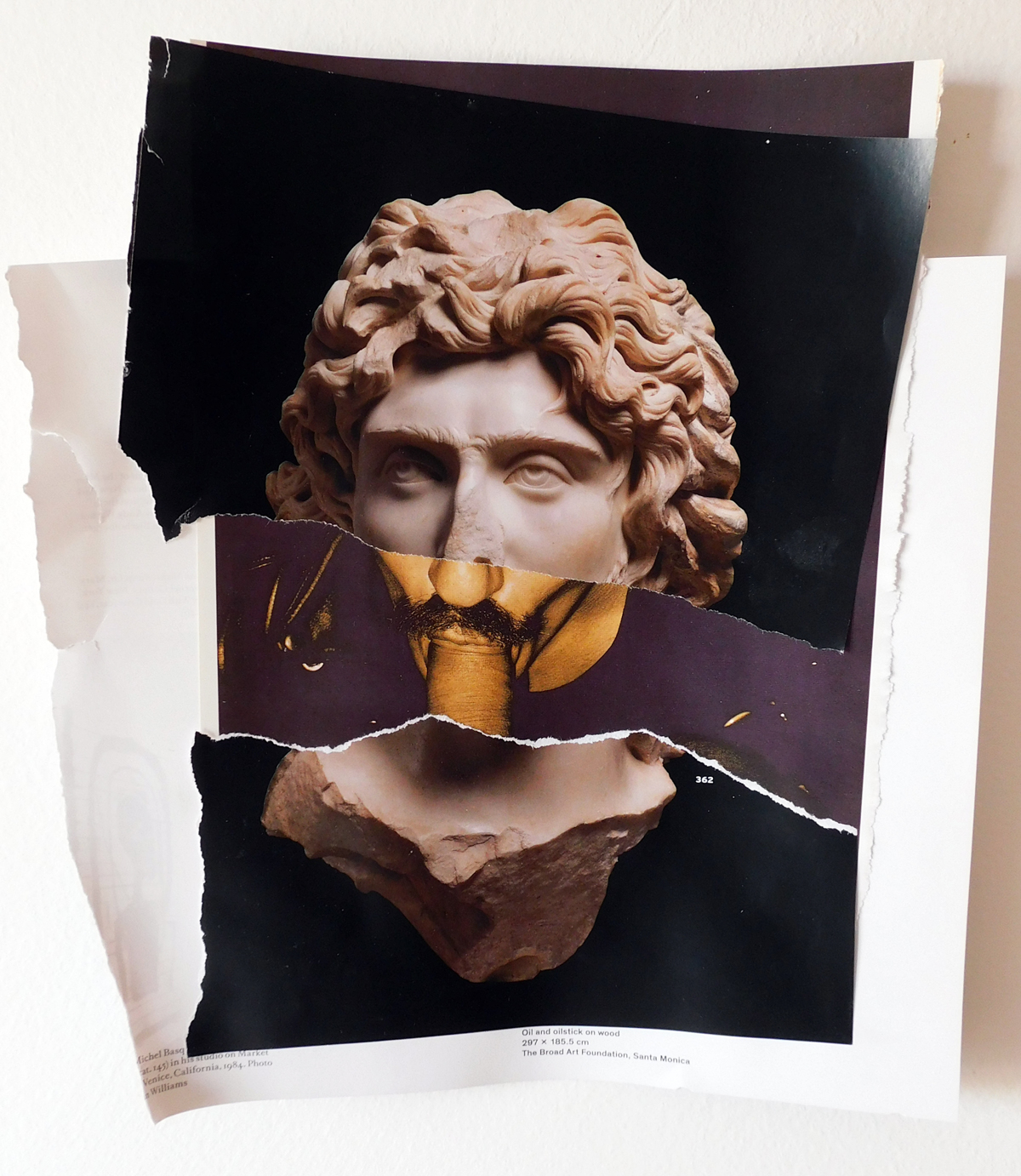
How is the queer community evolving in Greece?
The community is quite big, considering that Athens is not a huge city, however it still tries to find its identity. It is common practice in Greece to copy styles and practices from celebrated communities of bigger cities and the queer community also does that. The economic crisis, lockdowns, patriarchal conventions, religion and a general commercial aesthetic that characterizes the majority prevents innovation from influencing even the most open of minds. However, you can feel the energy of the queer community in Athens. We just need to feel good about our own stories and experiences and communicate those. We need to be more honest with ourselves, to be accepting and open.
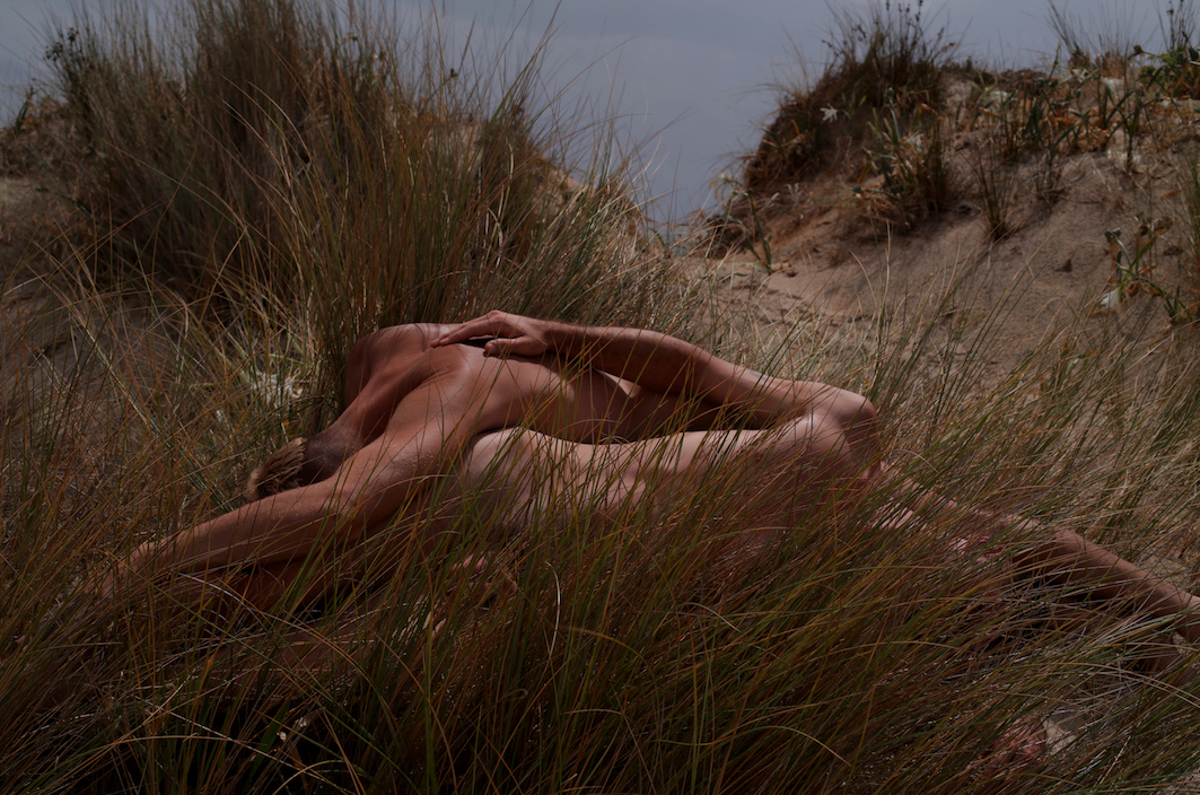
Talking about open-mindedness and respectful safe environment for the queer community, how is it in Athens and Greece in general and how’s it different from London?
Moving from London to Athens I found that it is an entirely new world where you instantly feel like a minority. Everyday experience of Athens for a queer person who lives and works here is a constant opposition against the straight norm. For me being queer is about freedom even in the small things, they way you dress, talk, dance. In Athens you can’t feel 100% comfortable unless you look and act like everyone else. I haven’t experienced anything too negative on the street, but it doesn’t feel as open as London, at all. Athens is a straight city with a strong queer community that needs to explode and explore!
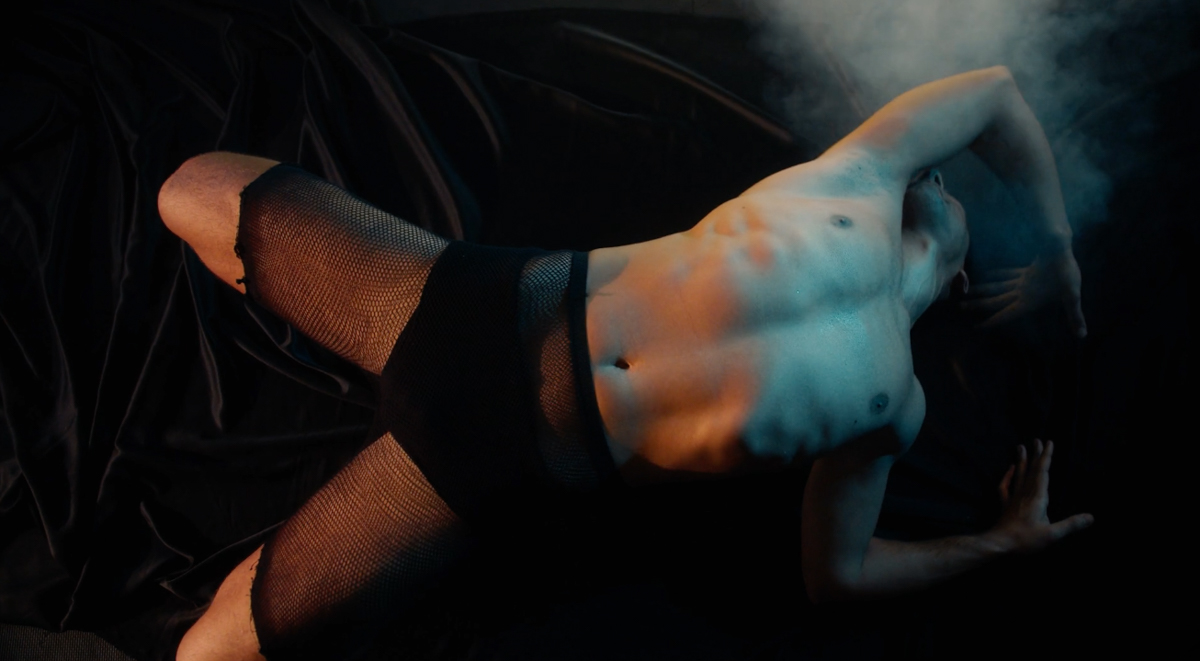
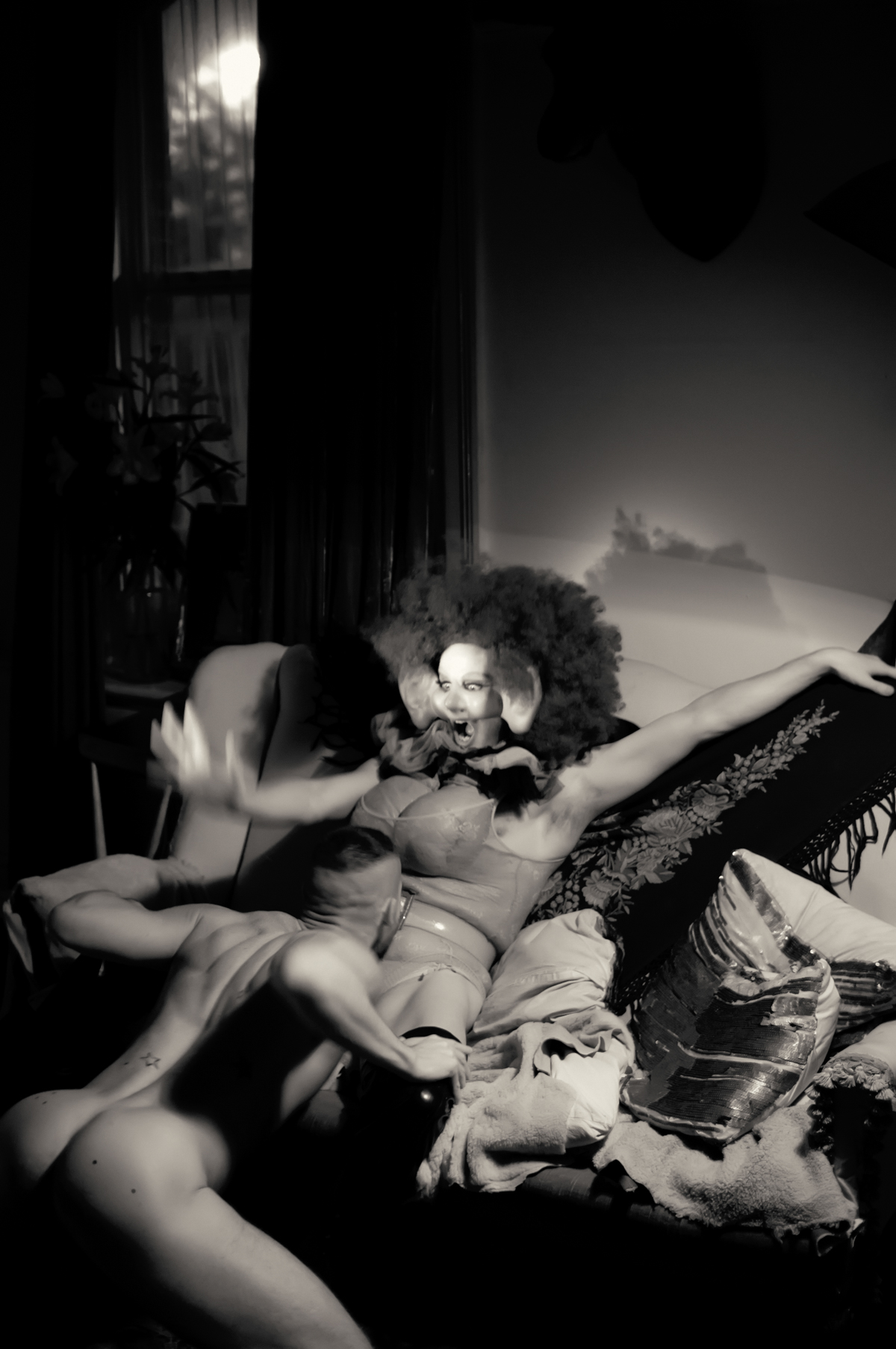
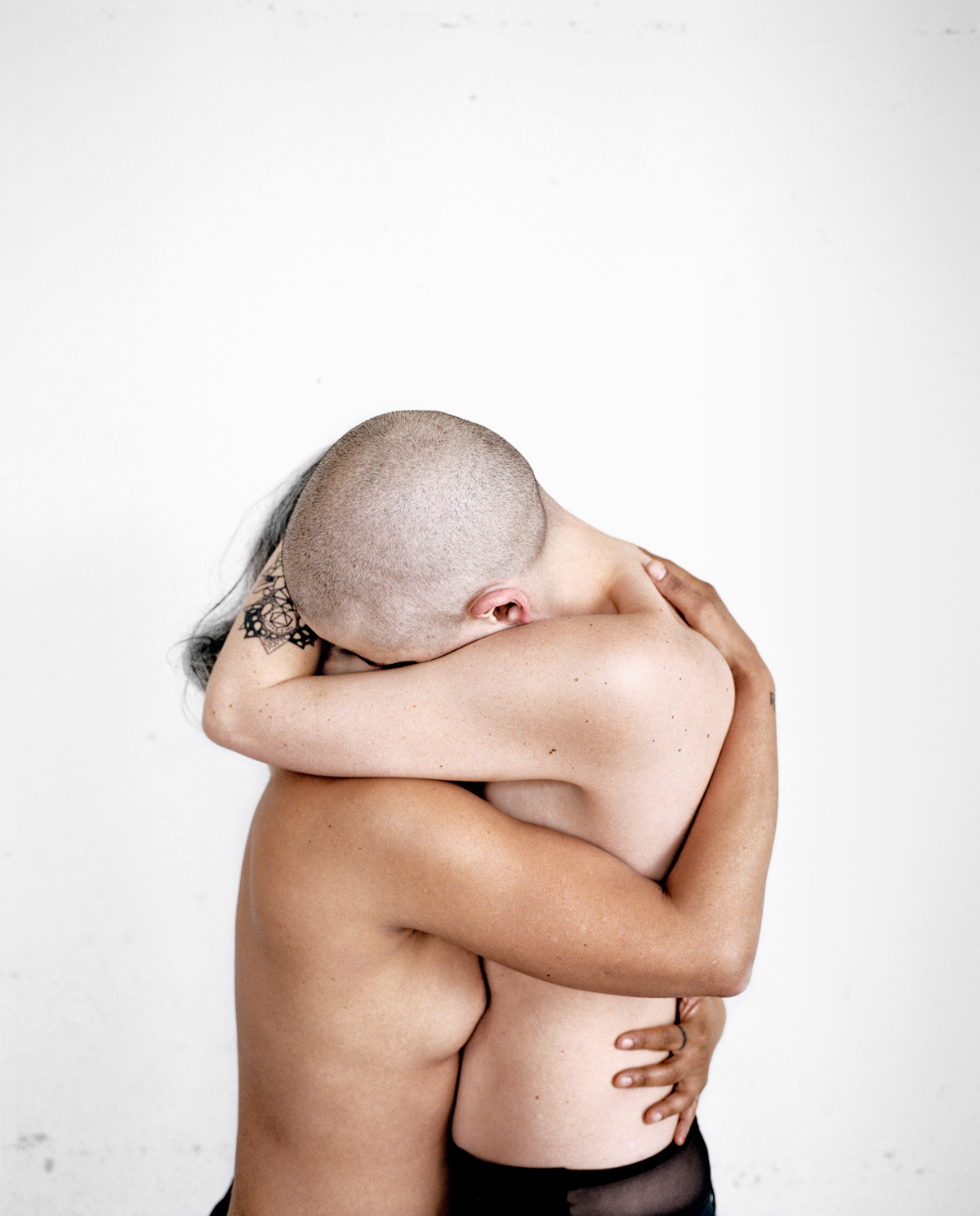
You started the project in London, why did you extend it to Athens?
I was in London for 14 years and I was also curating the art programme of Fringe film and arts fest for 3 years. It felt to me that London has everything. The community wouldnt benefit much from another queer project. There were so many already. The city was also getting too commercial and not as daring as it used to be. Athens, on the other hand, needs stimulation, inspiration, and creative activity. A big part of the community longs for new and alternative artists and platforms that celebrate uniqueness and novelty. It felt that it was the right place to continue with our efforts and combine great art with great fun, which is not a common thing in Athens. Usually art is received as a difficult and constipated activity. That needs to change.
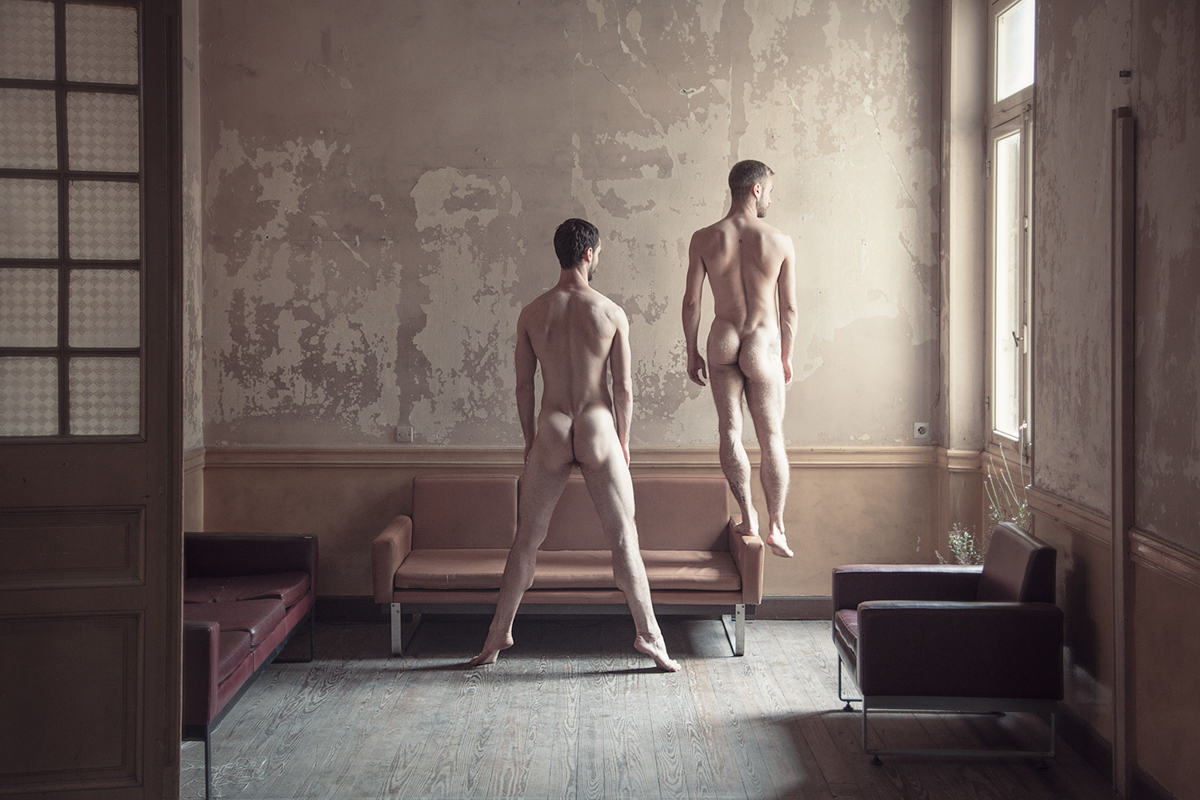
How has the covid situation affected you as an artist and this project in general?
Apart from the fact that we had to postpone the dates of the festival twice, it wasn’t that bad. We had more time to enjoy the submissions for the festival and plan it in the best possible way. Of course we had to leave out some great projects due to the fact that they required a large audience being together in closed environments and also it prevented us from organising our big party. However, we did host a series of online parties at the first lockdown called “Lockdown Disco” and they were great fun involving our friend DJs from Athens, London, Los Angeles, Paris, Berlin, Porto.. It was the perfect antidote for the Covid depression.
Regarding my personal work it was actually a good period. I focused on my writing and I developed two film projects which I am working on at the moment.
Being at home and not being tempted by the outside world is good for brainstorming and writing. I did miss however the stimulation that travelling has to offer and also going to galleries, communicating etc.
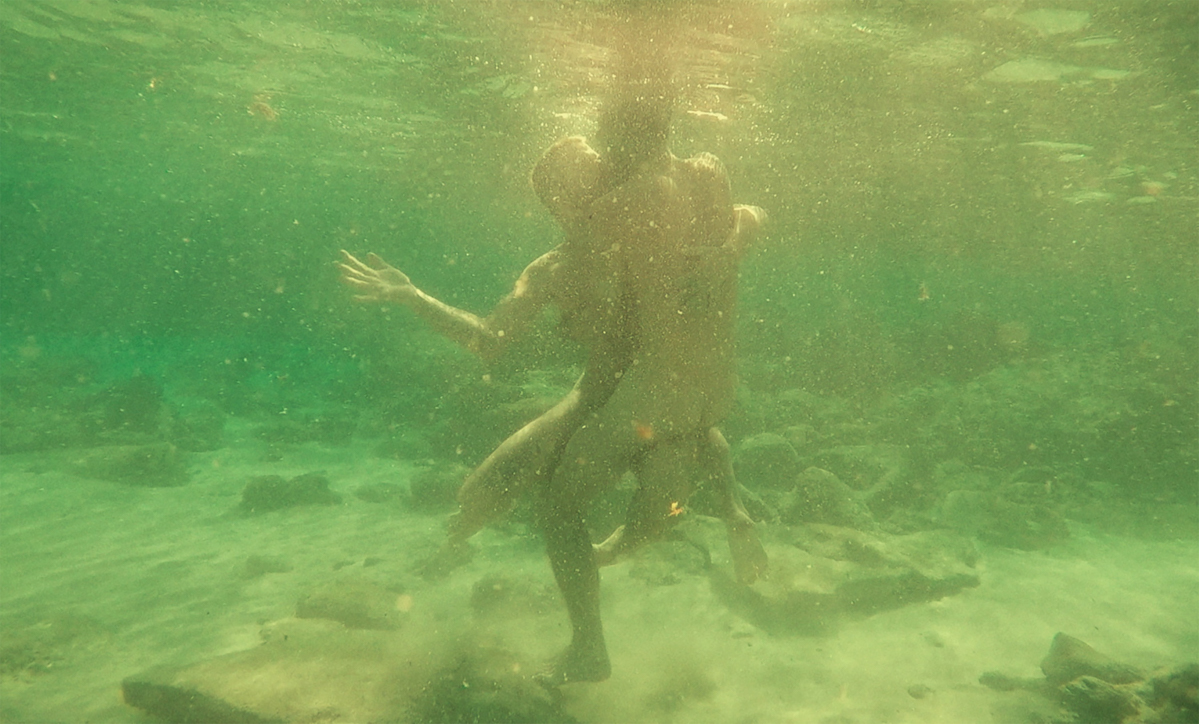
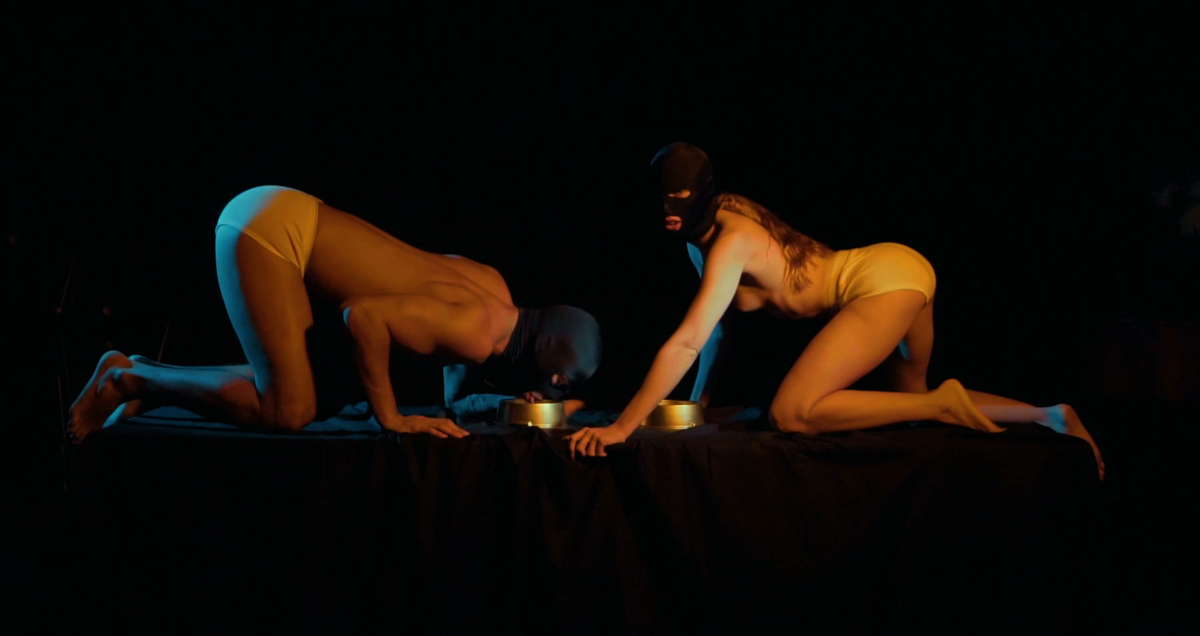
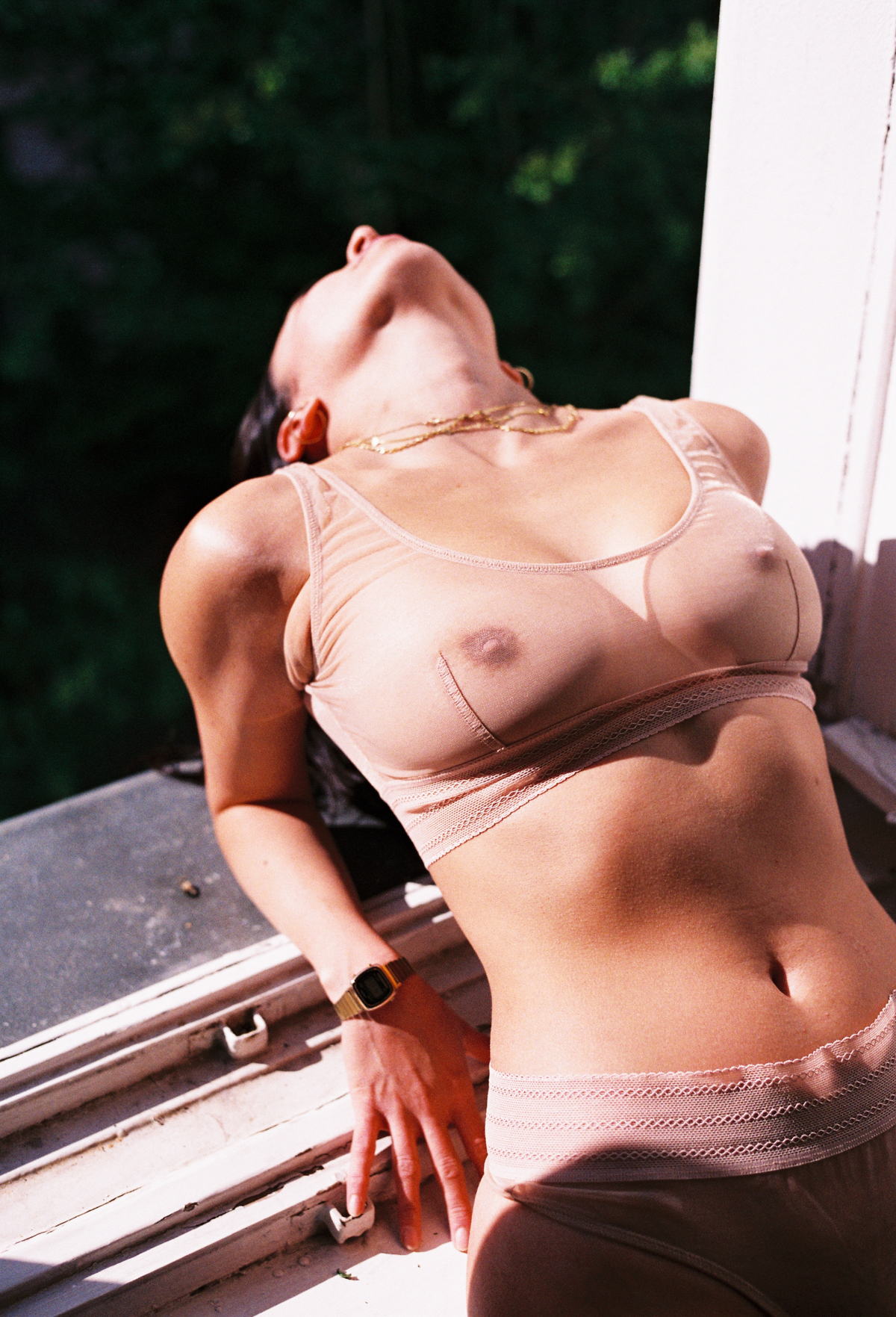
What themes do you explore in your personal work?
Through my work I want to explore what I have experienced already, but in a more daring way because the medium of films allows me to be more free than I feel in real life. I often dive into my sexual phantasies and dark thoughts. My work so far is quite sexual, however very sensitive. Sex is still a mystery to me that I try to decipher. It usually clashes with my sensitive side and this becomes even more interesting when in film rather in reality. I am intrigued about the agony and the ecstasy of sex and sexual relationships.
Recently though I am more interested in documentaries and portraits of people I admire and who have had a big influence on me. I am working on a doc biopic about a huge film star in Greece Aliki Vougiouklaki and a TV series about my good friend and fashion icon Diane Pernet. Both queer icons!
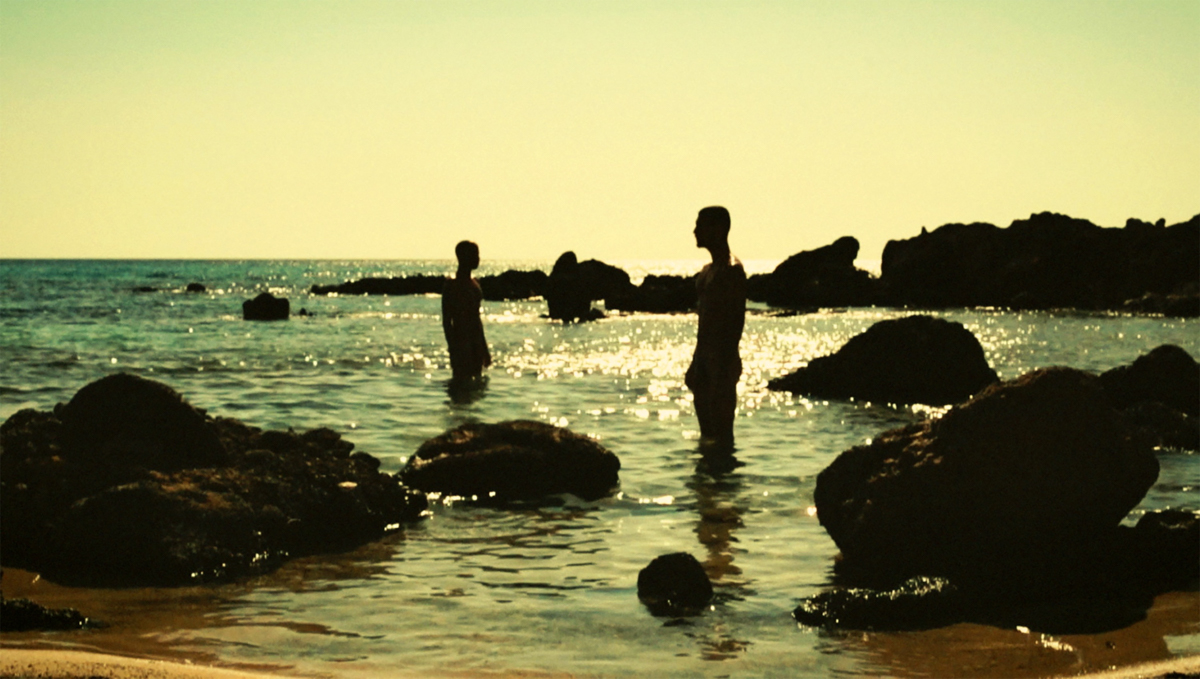
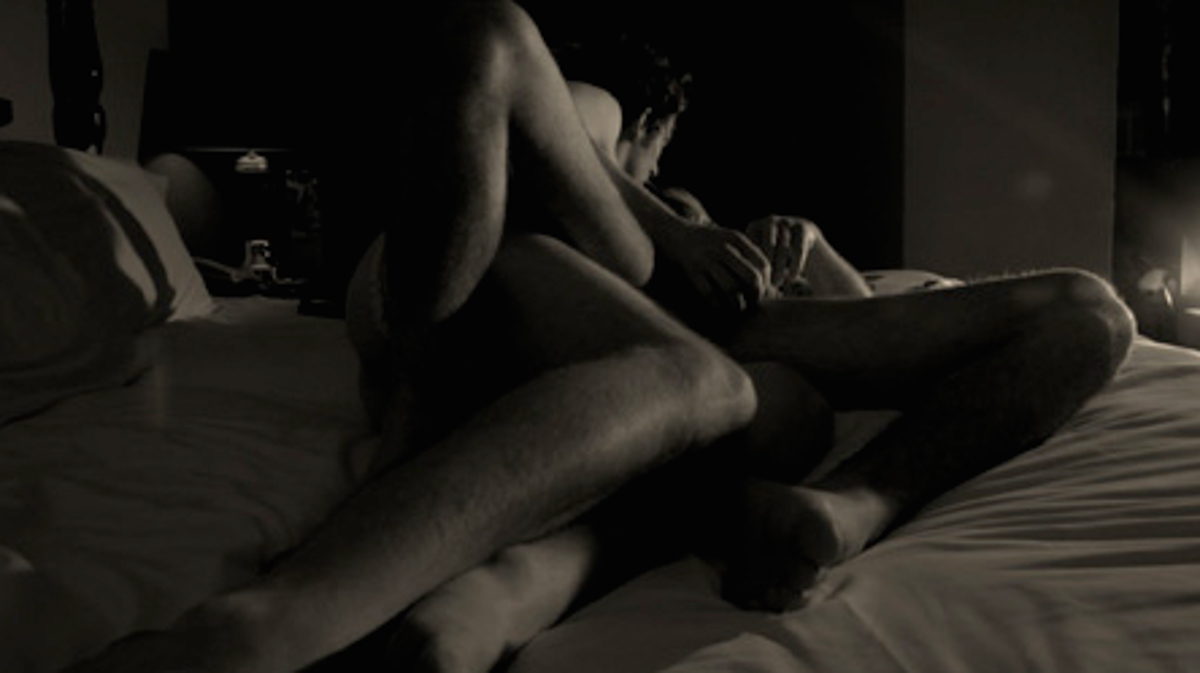
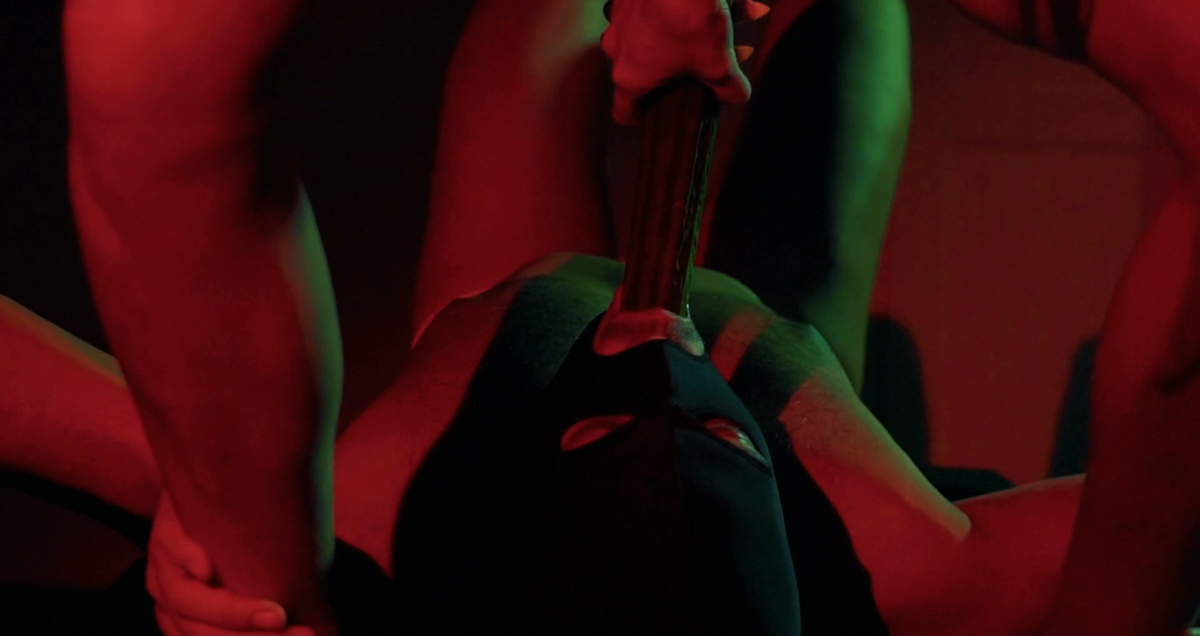
Leave a Reply